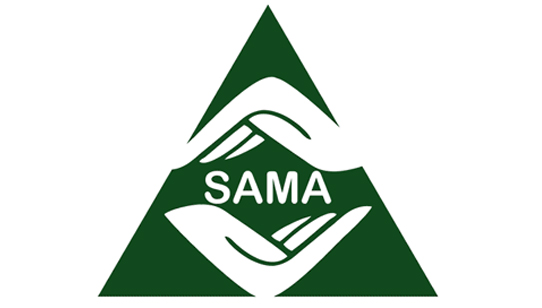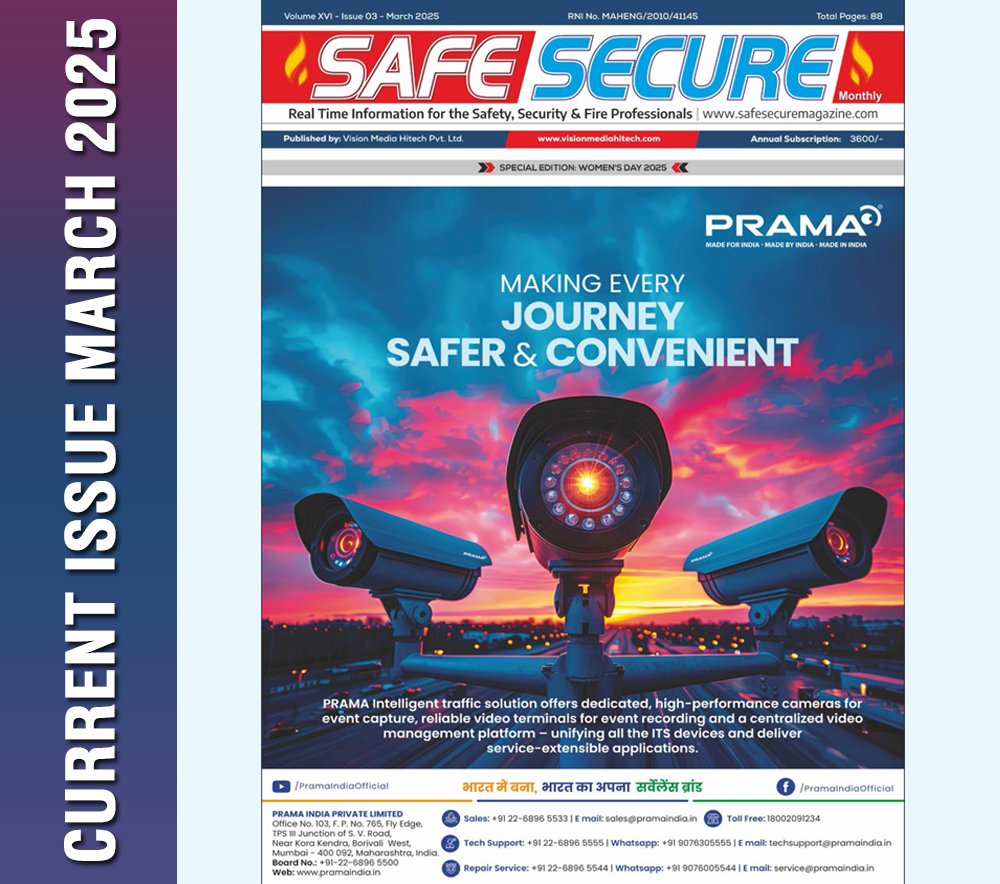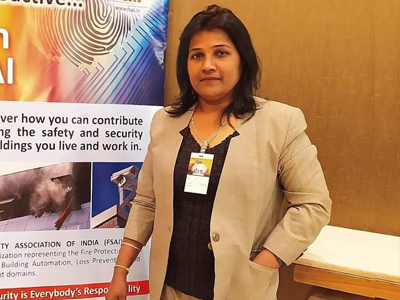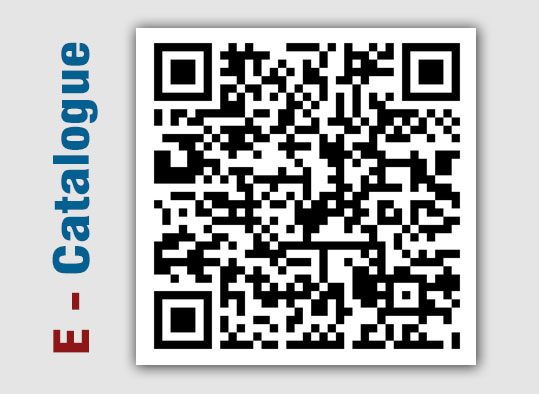What is Included in An Industrial Fire Protection Inspection?

You should have your fire protection equipment inspected and serviced on a regular basis to ensure code compliance and avoid major, costly repairs. Fire equipment inspections can be scheduled monthly, quar terly or annually, depending on the needs of your facility.
Fire Alarm Inspections
Fire alarm inspections are required by NFPA-72 and most state and local ordinances. Requirements can vary but are often either annually or semi-annually. Your inspector verifies all input are received by the panel and the correct outputs are activated.
Mass Notification System Inspections
Testing your mass notification system not only ensures the functionality of the system, it also ensures that everyone intended receives the alert and is familiar with the process. It will set an expectation in the case of an emergency, occupants will experience the notification process and know what to expect. An inspection/test also gives the administration time to familiarize themselves with the process and their role in the activation.
Fire Suppression System Inspections
No matter what type of fire suppression system you have, an inspection of the pipes and any pressurized substances should be performed on a regular basis to ensure it is in working condition. Corrosion can be present in both wet and dry pipe systems and can cause serious damage if not addressed early on.
By catching any faulty connections or pipes at the rst sign of damage, you save both money and potential down time. The building manager should complete a visual inspection on a regular basis between licensed inspections to check for any external damage.
♦ Clean Agent Systems
♦ High and Low Pressure CO2 Systems
♦ Foam System Sampling and Analysis
♦ Water Mist Suppression
♦ Large Dry Chemical Systems
Detection and Controls
Fire detection systems are a vital component of re protection. They are relied on for detecting fire/smoke, sending an alert, activating the suppression system, and notifying the authorities. It is essential for the detection system and controls to be functioning properly for both the safety of the building and insurance/code requirements. Depending on your area, your detection system professional inspection may be required monthly, annually, or something in between. Visual inspection should be carried out by the building manager on a regular basis between professional inspections to check for obvious signs of damage.
♦ Flame, Heat and Smoke Detectors
♦ Gas Detection Calibration and Testing
♦ Linear Heat Detection (Protectowire, Safe, etc.)
♦ VESDA
♦ Explosion Suppression
(This "Fire Safety Blogs" Published in June 2023 Edition)




.png)







